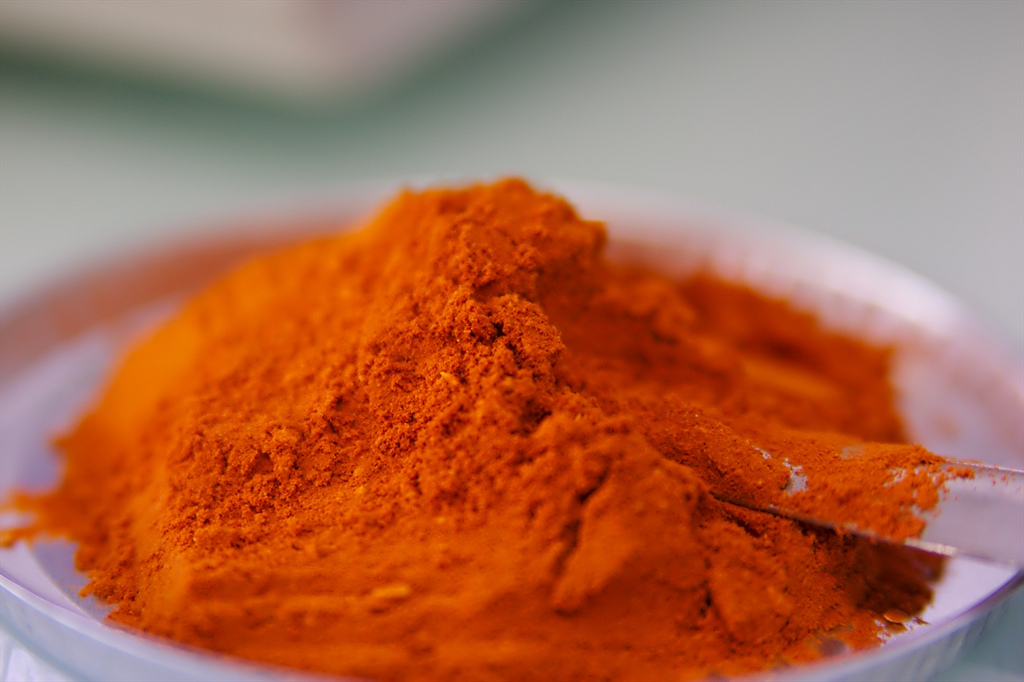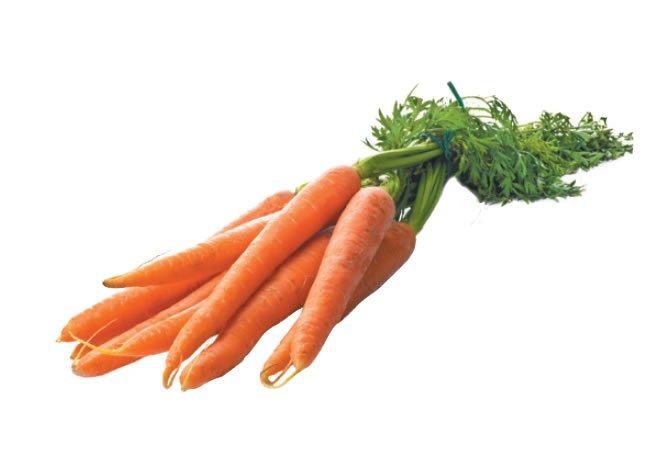is beta carotene healthy?
When you think of nutrients that promote good health, beta-carotene often comes up — and for good reason. This vibrant orange pigment, found in colorful fruits and vegetables like carrots, pumpkins, and sweet potatoes, is a provitamin A carotenoid that the body converts into vitamin A as needed.
But beyond its association with good vision, beta-carotene offers a wide range of benefits — from immune support to skin protection and chronic disease prevention. However, like most nutrients, there’s a balance to strike between too little and too much.
Let’s take an in-depth look at what beta-carotene is, why it’s healthy, and how you can include it safely and effectively in your diet.

What Is Beta-Carotene?
Beta-carotene is a naturally occurring compound that gives many fruits and vegetables their red, orange, and yellow hues. It’s part of the carotenoid family, a group of over 600 plant pigments known for their antioxidant activity.
The body converts beta-carotene into retinol, a form of vitamin A essential for normal growth, immune system function, reproduction, and vision. Because of this, beta-carotene is considered a provitamin A carotenoid — meaning it’s not active vitamin A by itself but becomes vitamin A once metabolized.
Unlike preformed vitamin A (found in animal products such as liver, fish oil, and eggs), beta-carotene from plants is non-toxic, since your body only converts as much as it needs. This makes it a safe, plant-based way to meet your vitamin A requirements.
Supports Eye Health and Vision
One of the most well-known benefits of beta-carotene is its role in eye health. Vitamin A, which your body derives from beta-carotene, is vital for maintaining healthy vision. It helps form rhodopsin, a light-sensitive protein in the retina that enables you to see in low-light conditions.
A deficiency in vitamin A can lead to night blindness and, in severe cases, even permanent vision loss. Research suggests that diets high in beta-carotene–rich foods may lower the risk of age-related macular degeneration (AMD) and cataracts, two leading causes of vision problems in older adults.
Adding foods like carrots, spinach, and sweet potatoes to your meals is a simple way to keep your eyes sharp and healthy for years to come.
Boosts Brain Function and Cognitive Health
Recent studies have also shown that beta-carotene may play a role in protecting brain health. Its antioxidant properties help neutralize oxidative stress, which contributes to cognitive decline and neurodegenerative diseases such as Alzheimer’s.
Long-term research, including data from the Harvard Men’s Health Study, found that men who took beta-carotene supplements for 15 years performed better on memory and cognitive tests than those who did not.
While more research is still needed, these findings suggest that beta-carotene, when obtained from food, may help preserve cognitive function and protect the brain from age-related damage.

Strengthens the Immune System
Beta-carotene is essential for a strong immune system. Once converted into vitamin A, it helps regulate immune cell production and activity. Vitamin A supports the body’s first line of defense — the mucous membranes in your eyes, lungs, and gut — which act as barriers against infection.
Moreover, beta-carotene’s antioxidant effects help protect immune cells from free radical damage, ensuring they function effectively. People who consume diets rich in fruits and vegetables — particularly those high in beta-carotene — tend to have fewer infections and better overall immunity.
Promotes Healthy, Glowing Skin
If you want radiant skin, beta-carotene can help. This antioxidant helps protect the skin from UV damage, reducing sensitivity to sunlight and slowing signs of aging such as wrinkles and dryness.
When converted into vitamin A, it supports skin cell renewal and repair, keeping your complexion smooth and vibrant. Some studies even show that regular consumption of beta-carotene–rich foods can give your skin a natural golden tone, often perceived as healthier.
In skincare, beta-carotene is sometimes used in serums and creams for its anti-aging and photoprotective properties. However, the best way to harness its benefits is still through diet.
Protects Against Chronic Diseases
The antioxidant power of beta-carotene extends beyond skin and eye health. It helps neutralize free radicals — unstable molecules that damage cells and contribute to chronic inflammation.
By reducing oxidative stress, beta-carotene may help lower the risk of chronic diseases, including heart disease and certain types of cancer. Studies have found that people with higher blood levels of carotenoids tend to have better cardiovascular health and lower rates of oxidative damage.
However, it’s important to note that the benefits come primarily from dietary sources, not high-dose supplements. Whole foods provide a synergistic mix of antioxidants — like vitamin C, vitamin E, and polyphenols — that work together to protect the body more effectively.
Best Food Sources of Beta-Carotene
You can find beta-carotene in many brightly colored fruits and vegetables. The deeper the orange or green color, the richer the source tends to be.
Some of the top dietary sources include:
Carrots — about 8,000–8,500 µg per 100 grams
Sweet potatoes — about 9,400 µg per 100 grams
Pumpkin — about 3,000 µg per 100 grams
Kale and spinach — rich in beta-carotene despite their green color
Red and yellow peppers — provide both beta-carotene and other carotenoids
Cantaloupe and mangoes — offer a sweet way to boost intake
Cooking these foods with a small amount of healthy fat, such as olive oil or avocado, can enhance absorption since beta-carotene is fat-soluble.

How Much Beta-Carotene Do You Need?
There’s no specific Recommended Dietary Allowance (RDA) for beta-carotene itself, but there is one for vitamin A, since beta-carotene is its precursor.
The recommended daily intake of vitamin A is:
900 µg RAE (Retinol Activity Equivalents) for adult men
700 µg RAE for adult women
Since 12 µg of beta-carotene = 1 µg of vitamin A (RAE), most adults can meet their vitamin A needs by consuming 5–6 mg (5,000–6,000 µg) of beta-carotene daily.
This amount is easily achievable through a balanced diet — for example, by eating one medium carrot, a serving of spinach, or half a sweet potato each day.
Can You Have Too Much Beta-Carotene?
While beta-carotene from food is safe, consuming it in high supplement doses may not be.
In healthy individuals, the body naturally regulates how much beta-carotene is converted to vitamin A, preventing toxicity. However, excessive intake of supplements — particularly in smokers — has been linked to an increased risk of lung cancer, according to studies such as the ATBC (Alpha-Tocopherol Beta-Carotene Cancer Prevention) Trial and the CARET (Beta-Carotene and Retinol Efficacy Trial).
For most people, though, consuming beta-carotene through foods poses no risk. The worst side effect of overconsumption is carotenemia, a harmless condition that temporarily turns the skin yellow-orange. This typically occurs in those who eat large quantities of carrots or carrot juice daily and resolves once intake is reduced.
Conclusion: Is Beta-Carotene Healthy?
Absolutely — beta-carotene is one of the healthiest antioxidants you can include in your diet. It promotes eye health, strengthens the immune system, supports brain and skin health, and helps protect against chronic diseases through its antioxidant effects.
The key, however, is balance. Aim to get your beta-carotene primarily from whole foods, not supplements, to ensure optimal absorption and safety. Incorporate a colorful variety of fruits and vegetables into your meals — especially orange and dark green ones — to naturally meet your body’s needs.
Whether you’re snacking on crunchy carrots, blending a pumpkin smoothie, or tossing spinach into your salad, you’re fueling your body with one of nature’s most beneficial nutrients. Contact us for inquiry: info@yanggebiotech.com
References
U.S. Department of Agriculture (USDA) FoodData Central. Carrots, Sweet Potatoes, and Beta-Carotene Content.
Institute of Medicine (2001). Dietary Reference Intakes for Vitamin A, Vitamin K, and Carotenoids. National Academies Press.
Maiani, G. et al. (2009). Carotenoids: Sources, intakes, and bioavailability. Molecular Nutrition & Food Research, 53(S2): S194–S218.
Omenn, G. S. et al. (1996). Effects of a combination of beta-carotene and vitamin A on lung cancer and cardiovascular disease. New England Journal of Medicine, 334(18), 1150–1155.
Harvard T.H. Chan School of Public Health. (2024). Beta-Carotene and Health.
Send Inquiry
Related Industry Knowledge
- Easy Recipes with Yeast Extract Beta Glucan Powder for Better Nutrition
- what is the difference between blue spirulina and pea powder?
- Unveiling the Power of Hydrolyzed Rice Protein: The Ultimate Plant-Based Solution for Health and Beauty
- trans resveratrol para que serve benefits for skin
- Shilajit Benefits for Male
- Pure MSM Powder for Hair Benefits
- Uses and Benefits of Organic Sunflower Lecithin
- Monascus Red: The Natural Choice for Vibrant, Health-Conscious Color Solutions
- Can Beetroot Powder Improve Athletic Performance?
- Is AKG anti-aging?


